BY AJUKOMAIKE OMEHEE
.
The statement by Bayo Onanuga, Special Adviser to President Tinubu on Information and Strategy, that the president has been “busy answering phones and issuing directives on matters of state” during his two-week “working vacation” in the UK and France, raises far more questions than it answers. It also painfully underscores the absurdity of the governance structure Nigerians are currently subjected to. Are we to believe that in the midst of Nigeria’s economic crisis, crippling inflation, fuel hikes, and recurrent national grid collapses, the president’s idea of leadership is limited to merely ‘answering phones’ from abroad and ‘dishing out directives,’ including perhaps, double fuel price hikes in a month? Meanwhile, Vice President is equally in faraway Sweden, Europe. So, the cycle of abandonment is complete!
.
In the light of the foregoing, Mr. Onanuga’s farcical explanation begs the question: Who did this to Nigeria? How did we end up with leaders so indifferent to the people’s suffering that they think simply taking phone calls constitutes effective governance? In the midst of unprecedented hardship, Nigerians are reeling from the devastating effects of policies that have plunged millions into poverty. Yet, instead of hands-on leadership, what we get are public officials who are either out of touch with the realities on the ground or simply do not care enough to show up.
.
The tragic irony here is that Nigeria, a country with immense potential, abundant resources, and a resilient population, has been reduced to this: its leader “working” from abroad, apparently content to issue directives over the phone while the nation teeters on the brink of collapse. This is not leadership; it is an insult to the intelligence and dignity of Nigerians.
.
While citizens are struggling to buy food, pay rent, and survive in an economy on life support, they are being fed empty reassurances. The people deserve answers, but instead, they are left wondering: Where is the leadership when the country needs it most? Where is the empathy, the sense of urgency, the hands-on approach that true leadership demands in times of crisis?
.
President Tinubu’s absence, cloaked under the guise of a “working vacation,” Vice President Shettima’s absence, cloaked under the guise of ‘bilateral engagements,’ and the dismissive tone of Onanuga’s statement, reflect the deeper problem of a political class that has lost touch with the very people they are meant to serve. They seem more concerned with preserving their personal comfort and privileges than addressing the dire realities facing millions of Nigerians.
.
Certainly, Mr. Onanuga sought to defend the simultaneous absence of both the President and Vice President from the country. He asserted, “The Constitution, a testament to our adaptability in the virtual age, does not explicitly require the physical presence of either the president or the vice president in the country at all times to fulfill his duties.” While Onanuga’s comment seems to be an attempt to modernize and rationalize the President’s absence, it undercuts itself with a glaring contradiction: if the virtual age makes physical presence unnecessary, then why couldn’t both leaders manage their ‘working vacations’ and ‘bilateral engagements’ from home?
.
By invoking the conveniences of the virtual age, he inadvertently highlights a missed opportunity: both leaders could have fulfilled their constitutional obligations while remaining in Nigeria, using the very same technology he alluded to. The premise that leaders can govern effectively from abroad due to digital tools and modern communication methods could equally apply to their ability to govern effectively from within the country, especially during these critical times.
.
The statement also dismisses the core of the outrage: Nigerians are grappling with unprecedented economic challenges, and seeing both top leaders leave at such a time is more than a symbolic affront. It is a clear demonstration of detachment from the suffering, carnage, and discontent on the ground. Optics matter and the absence of both the President and Vice President amid such a national calamity sends the wrong message, regardless of the constitutionality of their absence. If technology can bridge the gap between continents, surely it can bridge the gap between Nigerian leaders and their counterparts in far-flung reaches of the earth to engage in whatever ‘virtual bilateral’ talk-show.
.
Furthermore, Onanuga’s attempt to bolster the justification with constitutional references misses a crucial point. The President and Vice President are not just functionaries fulfilling legal obligations. They are symbols of governance, leadership, and stability. Their physical presence provides a sense of assurance, particularly in a nation facing inflation, fuel crises, and collapsing infrastructure. While technology allows for remote work, leadership is often about being present -being seen, heard, and felt – especially in times of distress. Just few hours ago, over 140 fellow Nigerians were roasted beyond recognition by petrol fire in a Jigawa community of northwestern Nigeria. Neither Mr. President nor his Vice was around to fly straight to the pathetic scene and console heart-broken families and friends of the victims.
.
Surely, it is clear how Onanuga’s defence rings hollow. If the virtual age with its full complement of digital affordances can afford remote diplomatic engagements, then why the need for expensive foreign trips under the guise of ‘working vacations’ and ‘bilateral engagements’? Could the President not engage in these from Nigeria, leveraging the same virtual tools to connect with world leaders? If the virtual age truly offers the adaptability Onanuga speaks of, then let Nigerians see that adaptability used to govern from home, where the leaders’ presence is needed the most. The truth is that such reasoning only exposes the disconnect between government officials and the reality on ground.
.
So again, we must ask: Who did this to Nigeria? How did a country rich in potential end up with leadership so out of step with the people’s needs? At a time when decisive, compassionate, and visible leadership is needed more than ever, what Nigerians get is a president who is “busy answering phones” from luxury hotels abroad and a vice president flying to Europe for ‘bilateral talks,’ a decoy for fleeing from overwhelming challenges of modern governance. At a time when citizens are bearing the brunt of harsh economic reforms, rising inflation, and infrastructural failures, the absence of both the President and Vice President only adds to their frustration. Onanuga’s defence of this absence, couched in modern digital language, does little to ease their concerns. Instead, it speaks to a brand of leadership that seems more concerned with optics than with substance. If technology can indeed enable governance from afar, then surely it can enable leadership without costly and frivolous travels. Nigerians deserve better than shallow rationalizations and glib defences; they deserve leadership that is responsive, present, and engaged.
.
The sad truth is that the damage being done to Nigeria is not the result of some outside force but of deliberate neglect and misplaced priorities. Surely, Nigerians deserve better, better leadership, better governance, and better outcomes. But as long as their leaders remain indifferent, busy with “phone calls” instead of the real work of governance, the country will continue to suffer. And for how long? For Mrs. Remi Tinubu, Nigerians must be patient for the next two years to reap the benefits of her husband’s harsh economic reforms. For the World Bank Chief Economist, it is fifteen whole years!
.
Oh God! Who, indeed, did this to Nigeria?
.
OMEHEE, a public affairs analyst, writes from Enugu
Editor
- Editor
Editor
Jude Ossai (JP) a veteran journalist is a National Diploma holder in Mass Communication from Ogwashi-Uku Polytechnic Ogwashi-Uku, Delta State. He also studied at Enugu State University of Science and Technology (ESUT) Enugu and Imo State University, Owerri for his first and second degrees in Mass Communication, respectively.
He writes extensively on politics, crime, corruption, climate change, healthcare, human rights, social justice, among others.
×


Jude Ossai (JP) a veteran journalist is a National Diploma holder in Mass Communication from Ogwashi-Uku Polytechnic Ogwashi-Uku, Delta State. He also studied at Enugu State University of Science and Technology (ESUT) Enugu and Imo State University, Owerri for his first and second degrees in Mass Communication, respectively.
He writes extensively on politics, crime, corruption, climate change, healthcare, human rights, social justice, among others.

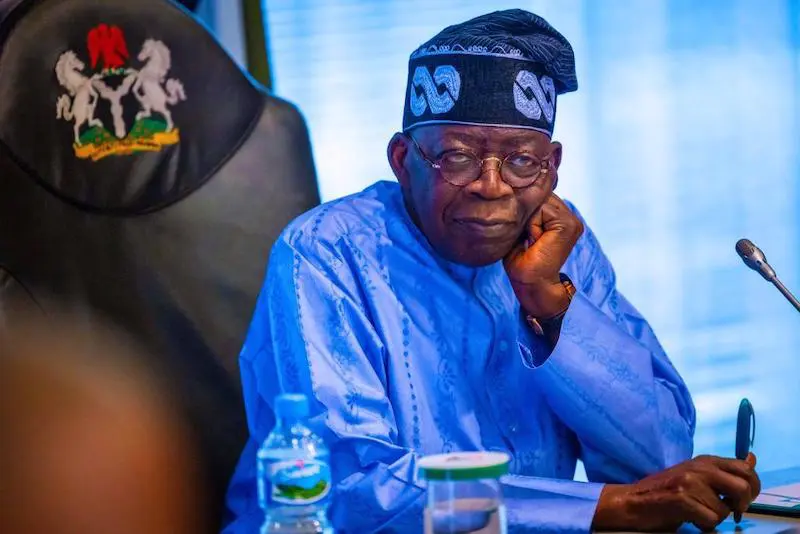
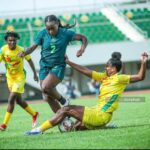
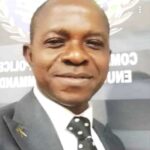
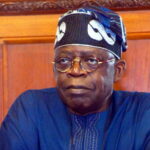
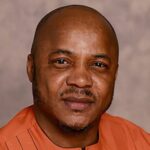
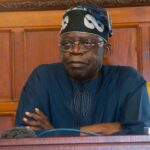
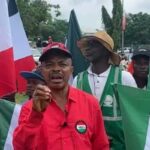


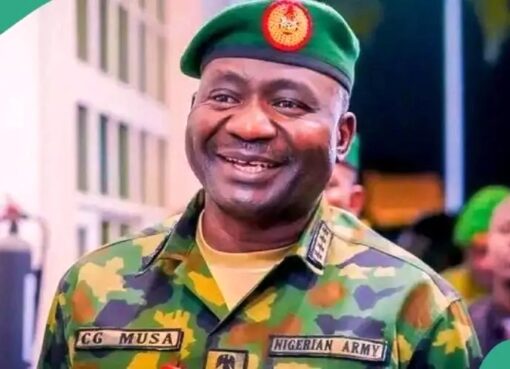



Comment here